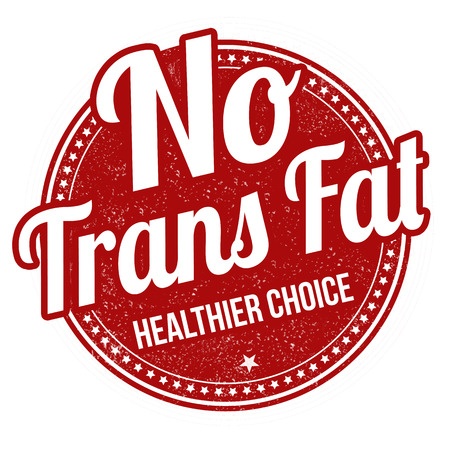 Several doctors mark Trans fat as double danger to heart’s health. It comes under the worst possible fats to be consumable. Unlike common dietary fats, these are also referred by the name trans-fatty acids. Both of them lead to an increase in LDL which is considered to be bad cholesterol. Similarly, it also brings down the number and impact of HDL, the good cholesterol.
Several doctors mark Trans fat as double danger to heart’s health. It comes under the worst possible fats to be consumable. Unlike common dietary fats, these are also referred by the name trans-fatty acids. Both of them lead to an increase in LDL which is considered to be bad cholesterol. Similarly, it also brings down the number and impact of HDL, the good cholesterol.
Higher levels of LDL cholesterol teams up with lower HDL cholesterol levels. It raises the vulnerability of heart related diseases among both the genders. Discussed below is the basic information on trans fat and ways to counter it.
Meaning of Trans Fat
Dairy products and some meats contain limited quantity of naturally forming trans fat. However, in maximum cases, it occurs through an industrialized process which adds hydrogen with vegetable oils. It causes the oil to solidify at normal temperature. This semi-hydrogenated oil has minimal chances of getting spoiled and food prepared from it tends to have a higher shelf life. There are restaurants using semi-hydrogenated oil for their deep running fryers. It doesn’t require constant changing as in case with other varieties of oil.
Presence in food
Various food products contain the semi-hydrogenated oil such as baked goods. Cookies, cakes, crackers, and pie crusts consist of shortening prepared from this vegetable oil. The artificially prepared frosting is also a source of trans fat. There are different categories of packaged food or microwave made popcorn using it regularly to either flavor or cook the popcorn. For example, corn, potato, tortilla chips, etc. Fried foods such as fried chicken, doughnuts, and French fries use it in cooking process. Freezing pizza crusts, cinnamon rolls, and canned biscuits also contain this variety of fat. In US, food comprising below 0.5 grams per serving reads as 0 grams of the fat. It may add up gradually for consumption of many servings of the food. One should be careful and check the ingredient of a food to look for semi-hydrogenated veg oil.
There is hardly any recognized health benefit of such fats and it is important to maintain lowest possible consumption, suggest the Agriculture Department of America. Food and Drug Administration is working in the direction of phasing out this vegetable oil from food production in the coming years. Doctors have expressed concern over the presence of this unhealthy fat and its harmful impact on cholesterol levels. Low density lipoprotein abbreviated as LDL is a bad cholesterol which may develop within the walls of arteries. Consequently, it turns them both solid and narrow. The latter one, i.e. High Density Lipoprotein gathers the excess cholesterol taking it to liver.
Provided the fatty deposits of arteries go through rupture or tear, it may result in formation of blood clot. This is enough to block the normal flow of blood to a certain part of heart leading to heart attack. Many food manufacturers substitute ii with other ingredients like palm oil and coconut oil containing saturated fats. It can lead to a high in LDL cholesterol levels. Monounsaturated fat content of peanut oil, canola oil and olive oil is a better option. Nuts, fish, and various foods containing the unsaturated fats are always a healthier alternative.
Image credit: Balint Roxana